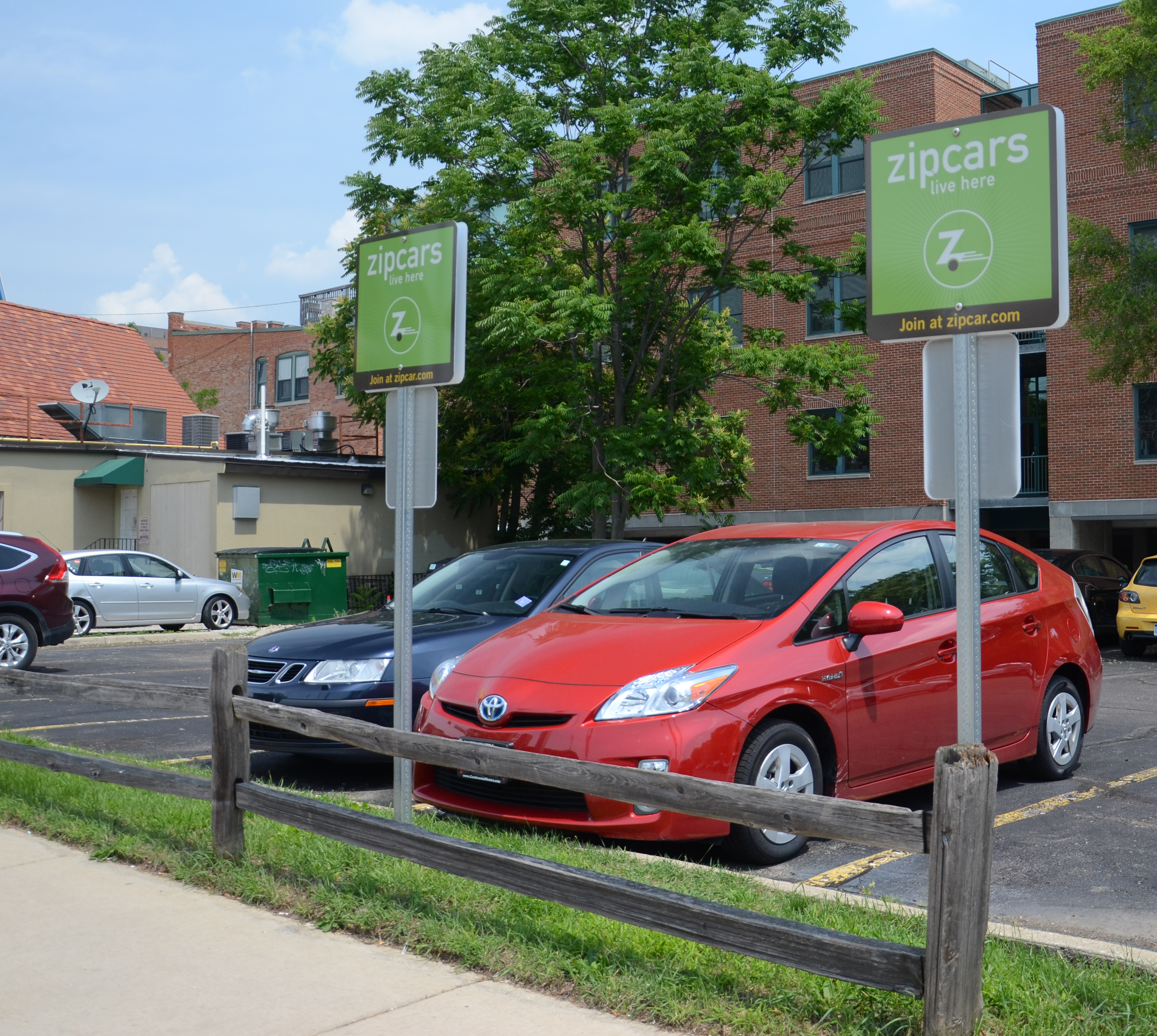 A new study from DePaul University finds that car sharing companies, including Zipcar, are heavily taxed, which may be deterring drivers from buying memberships. (iStock/Susan Montgomery)
A new study from DePaul University finds that car sharing companies, including Zipcar, are heavily taxed, which may be deterring drivers from buying memberships. (iStock/Susan Montgomery)CHICAGO — Hefty taxes on car-sharing services, such as
Zipcar, may be stopping some drivers from getting behind the wheel. Researchers
at DePaul University found that car rental taxes originally aimed at tourists
and business travelers are hurting the car-sharing sector.
The new study, “When Sharing is Taxing: Comparing Tax
Burdens on Car Sharing in Major U.S. Cities,” details how taxes on car sharing
have spiked nationwide. Competition from ride-sharing services, such as Uber
and Lyft, are also blamed for the downturn in car-sharing memberships.
“The tax burden facing people who car share is a case of
unintended consequences," said Joseph Schwieterman, lead researcher and
director of the Chaddick Institute for Metropolitan Development at DePaul
University. “No one expected that these taxes, which were added years ago to
car rentals, would suddenly apply to thousands of people who merely want to use
a car for a quick neighborhood trip."
Schwieterman and co-author Heather Spray found:
- Average tax rates rose from 15.6 percent in 2011
to 17 percent in 2016, making the burden higher than those on hotel rooms and
airline tickets. Competing services, including Lyft and Uber, face a much lower
retail tax.
- Car sharing's status as a highly taxed sector is
largely the result of the once-prevalent notion that taxes on car rentals would
fall almost entirely on out-of-towners, including tourists, business travelers
and conference-goers.
- Municipal taxation policies can add several
dollars to even the shortest trip. This is affecting the growth of a sector
that has long been recognized to bring significant benefits to
communities.
- Nearly a quarter of the country‘s 40 largest
cities impose retail taxes that increase the costs of a one-hour car share by
more than 30 percent. Many impose $2 to $4 transaction fees, which were
originally created to generate revenue from conventional car rentals.
“There is a need for a more level playing field as new
mobility options, particularly Lyft and Uber, grow more prominent,” said
Schwieterman. Researchers call for “more coherent taxation policies,” including
reduced transaction fees on reservations under eight hours.
The study can be found at http://bit.ly/chaddickresearch.
###
Source:
Joseph Schwieterman
jschwiet@depaul.edu
312-362-5732
Media Contact:
Kristin Claes Mathews
kristin.mathews@depaul.edu
312-241-9856